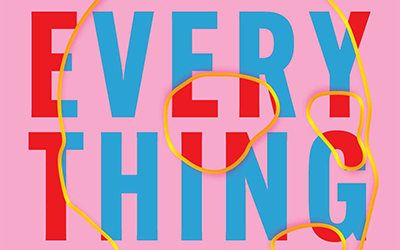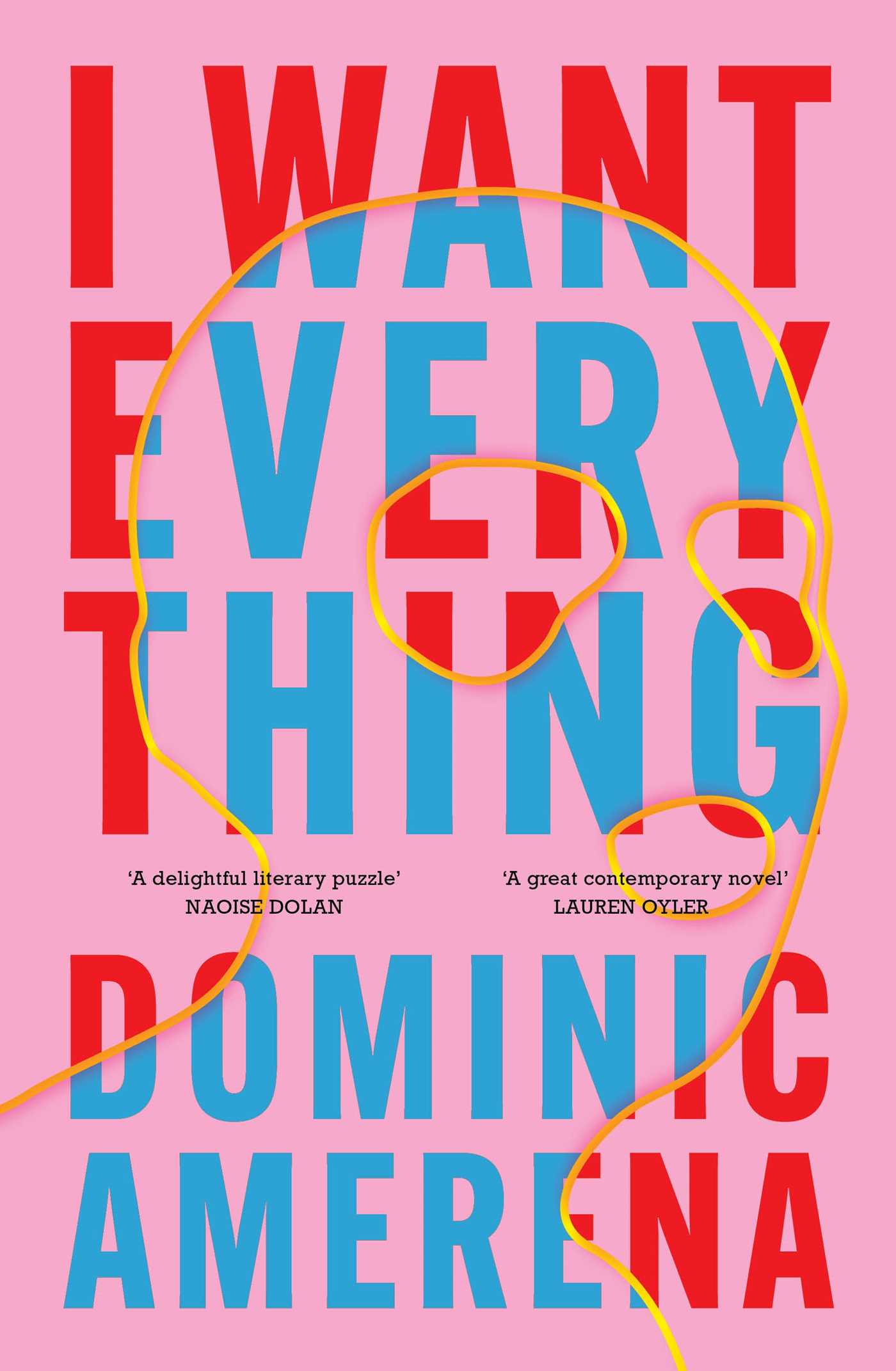
- Free Article: No
- Contents Category: Fiction
- Review Article: Yes
- Article Title: Ambition, lies and audio
- Article Subtitle: An entertaining début novel
- Online Only: No
- Custom Highlight Text:
Lying and half-truths. Raging ambition. In the lead-up to another Australian federal election, these traits too often define our political class. But they are also germane to I Want Everything – no, not the autobiography of Elon Musk, but an entertaining début novel from Dominic Amerena, which also happens to be the first title under a new Simon & Schuster imprint, Summit Books Australia.
- Featured Image (400px * 250px):

- Alt Tag (Featured Image): Anthony Lynch reviews ‘I Want Everything’ by Dominic Amerena
- Book 1 Title: I Want Everything
- Book 1 Biblio: Summit Books Australia, $34.99 pb, 269 pp
- Book 1 Cover Small (400 x 600):

- Book 1 Cover (800 x 1200):

- Book 1 Readings Link: https://www.readings.com.au/product/9781761631733/i-want-everything--dominic-amerena--2025--9781761631733#rac:jokjjzr6ly9m
The novel’s nameless narrator is a young writer who, like Amerena himself (he came second in the 2017 Jolley Prize), has enjoyed early success with short story publications and prizes. But his attempt at an autofiction novel has stalled, and he finds himself languishing and left in loving but self-abnegating admiration for his writer-partner Ruth, a ‘Melbourne-famous’ essayist whose revealing ‘daughter-boarding’ hit piece about her mother suddenly wins her wider fame. For reasons that only gradually emerge, he has also spent years in and out of hospital. Possible salvation arrives in the form of Brenda Shales.
Brenda Shales is an Australian writer who in the 1970s achieved fame and notoriety for two novels she produced in her twenties. Seeking anonymity, she went to ground and has not been seen since. That is, not until our nameless narrator spots her at a swimming pool, plays literary detective to locate her living quarters, and inveigles his way into her life, audio-recording a series of interviews that reignite the book he believes can be his breakthrough and, even, propel him into the realm of the ‘great Australian writer’.
The title of this novel evokes the ‘I want it all’ mindset popularly, if unfairly, associated with Generation Z. But here, it draws specifically from the words of our narrator, who wants everything there is to know about his reclusive writer subject – in particular, how she came to write her second novel, The Widowers, which included a series of eviscerating accounts of men conveying toxic attitudes to women. The novel once won Shales swaths of adverse reviews, variously positive and negative responses from feminists, one major international award, and a lawsuit that deprived her of royalties and helped ensure a life of penury – Brenda is now ‘entombed’ in an aged-care facility.
Our narrator, however, has won Brenda’s trust on the basis of a lie. When a harried staff member from the aged-care home tells Brenda that her grandson has arrived, he doesn’t correct her. His deception begun, this wannabe writer is seemingly accepted by Brenda as the son of the boy she was forced to adopt out when she was just a girl.
As readers, we gain access to Brenda’s story via chapters given over to her voice – a shift that, to his credit, Amerena carries off compellingly. Brenda with her wit, insight, and ability to spin a story makes for a thoroughly believable novelist.
Writers and publishers emerge unfavourably in this comedic novel, bitching and reducing those around them, including each other, to ‘subject matter’ for their forthcoming titles. While not altogether unsympathetic, our insecure narrator maintains his lie as ‘the price of admission’ for greatness. Brenda, however brilliant, opportunistically embedded the words of others in The Widowers. Partner Ruth, ‘allergic to duplicity and double-talk’, nevertheless draws on her mother’s difficult life to advance her career.
Withering observations abound that many writer-readers will greet with recognition: ‘I went on a submission rampage, hawking my unpublished wares to prizes, pissing away money on fees and subscriptions for journals I’d prefer to top myself than read’; ‘I was officially against prizes until I started getting shortlisted.’ The narrator also skewers The Age’s ‘ever-thinning books section, which had lately taken on a particularly keening quality, each title described as incredibly necessary’.
This engaging novel has specific inner Melbourne settings, with occasional forays to Geelong, sharing common ground – almost literally – with recent novels from Philip Salom and another début offering, Raeden Richardson’s The Degenerates. The abject figures prominently. A brief extract from Shales’s first novel, for example, sees her protagonist prodding her own turd with her finger in order to ‘divulge its secrets’. But there are also razor-sharp descriptions: ‘my father brushed his teeth as if he were trying to destroy something’.
Occasional problems with continuity arise, and at one point in this very of-the-moment story the narrator is paid, anachronistically, by cheque, glitches arising perhaps only in the advance copy available at the time of reading. The protagonist’s book project is variously referred to as a novel, a biography, and as something in-between. While this reflects his own confusion, it sometimes reads as inconsistent. Problems around credibility also surface. Would a writer with a Salinger-like need for privacy suddenly unburden herself after decades to a young man she has met by chance, effortlessly unspooling a detailed life story? Would she live openly under her pen name? And is it conceivable that, even when management of Brenda’s aged-care facility becomes suspicious of his motives, our narrator is never once asked for his name or formal identification? The novel’s conclusion ameliorates these issues, but the result feels like an accommodation of inherent plot problems. The denouement, clever as it is, relies on one twist too many.
I Want Everything does not seek to address big issues around post-truth news, the perversion of public discourse. It is not ‘incredibly necessary’. But despite a periodically strained plot, it remains a wry, beguiling and insightful account of the ways people deceive themselves and others, intentionally and unintentionally. Or, as Brenda Shales puts it: ‘What brilliant secret keepers we were, especially from ourselves.’


Comments powered by CComment